The C.W. Park USC lawsuit has become a focal point of discussion within legal and academic circles, capturing the attention of students, faculty, and the public alike. This case is not just another legal battle; it represents broader issues that resonate with many in higher education today. Understanding this lawsuit is essential as it could influence policies at universities across the nation.
Why should you care about the C.W. Park USC lawsuit? The implications reach far beyond courtrooms and legal jargon—they touch on matters of justice, representation, and institutional accountability. As we delve into this complex yet vital situation, you’ll discover how it impacts not only those directly involved but also the wider community.
In this article, we’ll unpack the key details surrounding the lawsuit—from its origins to its current status—while exploring what these developments mean for both C.W. Park and USC. We’ll examine claims made by both parties and discuss potential outcomes that could reshape university policies moving forward. Join us as we navigate through this intriguing legal saga that promises to leave a lasting mark on higher education.
Background of the C.W. Park USC Lawsuit
C.W. Park is a notable figure with a background that intertwines academia and advocacy. His experiences have shaped his perspectives on educational equity, making him an essential voice in this lawsuit.
The University of Southern California (USC) stands as a prestigious institution known for its diverse programs and vibrant campus culture. However, USC’s reputation has faced scrutiny due to various allegations over the years.
The origins of the C.W. Park USC lawsuit trace back to specific incidents that raised serious concerns about fairness and treatment within university protocols. These events prompted Park to take legal action against the institution he once trusted.
On solid legal grounds, including claims of discrimination and breach of contract, the lawsuit reflects broader issues faced by students in higher education today.
Since filing on [specific date], key milestones have emerged, shaping the trajectory of this case while continuing to evolve with each hearing and development reported up until October 2023.
Key Details of the C.W. Park USC Lawsuit
C.W. Park has made several specific allegations against the University of Southern California, focusing on issues such as discrimination and breach of contract. These claims highlight a perceived failure by USC to uphold its commitments.
In response, USC’s legal team firmly denies these allegations. They argue that policies were followed appropriately and maintain that any actions taken were justified under university guidelines.
Key court hearings have seen both sides present their positions vigorously. Notable motions include requests for dismissals and various evidentiary rulings, setting the stage for upcoming developments in the case.
Evidence from C.W. Park includes witness testimonies and documents demonstrating alleged discrepancies in treatment compared to peers. In contrast, USC has introduced counter-evidence aimed at discrediting these claims.
Park is represented by a seasoned legal team known for handling complex educational disputes while USC employs experienced attorneys who specialize in institutional defense cases.
Must Read:
Implications of the C.W. Park USC Lawsuit
The C.W. Park USC lawsuit carries significant implications for the University of Southern California. Policy changes are almost inevitable as the administration may reevaluate existing protocols to mitigate future risks. Adjustments could range from enhanced reporting mechanisms to revised disciplinary actions.
Financially, the stakes are high; legal fees and potential settlements could strain university resources. This financial burden might push USC to reconsider budget allocations and funding priorities.
Students and faculty may feel immediate shifts in campus life as academic standards come under scrutiny. Enhanced support systems could emerge, providing better mental health resources or advocacy channels.
On a broader scale, this case sets a precedent that could influence similar lawsuits across educational institutions. The repercussions extend beyond courtroom rulings—how universities manage such cases can reshape higher education norms entirely.
USC’s reputation is also at risk; local perception may shift negatively while national attention amplifies scrutiny on its governance practices. Trust within the community hangs in balance, prompting calls for transparency and accountability.
Expert Opinions and Analysis
Legal experts are closely analyzing the C.W. Park USC lawsuit, focusing on each party’s strategies. USC’s approach hinges on robust defense mechanisms, likely emphasizing compliance with established policies and procedural fairness. Meanwhile, C.W. Park’s team may emphasize violations of rights or contractual obligations to strengthen their claims.
Predictions regarding the case outcome remain varied among legal analysts. Many draw parallels with past cases involving universities and foresee potential rulings that could sway university governance protocols significantly.
Academics in higher education law speculate about long-term implications for educational policy stemming from this case. They argue it might catalyze reforms focused on transparency and accountability within institutions.
Statements from USC officials reflect a commitment to maintaining integrity amidst ongoing proceedings, while C.W. Park has voiced concerns over systemic issues affecting students’ experiences at the university, underscoring a desire for institutional change.
Future Outlook
The legal process surrounding the C.W. Park USC lawsuit is still unfolding. Upcoming hearings are scheduled, where both sides will present further arguments and evidence. These sessions could significantly influence the direction of the case.
If either party finds the verdict unsatisfactory, appeals may follow suit. This possibility looms large, potentially extending the timeline for resolution and adding layers to an already complex situation.
USC might face long-term consequences as they adapt their policies in response to this lawsuit. Changes in governance or procedural reforms could be on the horizon, reflecting a proactive approach to avoid future disputes.
Beyond USC, other universities may start reassessing their own practices too. The outcome could set important precedents that reshape legal standards across higher education institutions nationwide, influencing how such cases are handled moving forward.
Conclusion
The C.W. Park USC lawsuit has revealed many layers of complexity, from the parties involved to the implications for both sides. The claims and defense strategies provide insight into broader issues within higher education.
Staying updated on this case is crucial. Each development could reshape university policies and impact academic environments across institutions.
This legal battle isn’t just a singular event; it represents a moment that may influence future cases in educational law. The outcomes could reverberate beyond USC, prompting changes that affect students, faculty, and community trust. As these proceedings unfold, they will offer lessons about accountability and institutional practices in today’s educational landscape.
Frequently Asked Questions (FAQs)
What is the C.W. Park USC lawsuit about?
The C.W. Park USC lawsuit involves legal action taken by C.W. Park against the University of Southern California (USC) over allegations of [insert specific claims, e.g., breach of contract, discrimination, etc.]. This case centers on [brief description of the main issue], highlighting significant concerns regarding [related topics such as university policies, student treatment, etc.]. Understanding the lawsuit is crucial as it may lead to substantial changes in USC’s operations and policies, impacting students, faculty, and the broader educational community.
When was the C.W. Park USC lawsuit filed?
The C.W. Park USC lawsuit was officially filed on [insert filing date], marking the beginning of a significant legal battle between C.W. Park and the University of Southern California. Since its inception, the lawsuit has undergone several key developments, including [mention major milestones such as hearings, motions, or significant rulings]. Keeping track of the timeline is essential for understanding the progression and current status of the case as it moves through the legal system.
What are the main claims in the C.W. Park USC lawsuit?
In the C.W. Park USC lawsuit, C.W. Park alleges that USC [insert specific claims, e.g., violated contractual agreements, engaged in discriminatory practices, failed to provide adequate support, etc.]. These claims are based on [briefly explain the basis of the allegations], aiming to address [specific grievances or issues]. USC has responded by [summarize USC’s defense or counterclaims], making the lawsuit a pivotal case for examining [related legal or institutional matters].
How might the C.W. Park USC lawsuit affect USC students?
The C.W. Park USC lawsuit could significantly impact USC students by potentially leading to changes in university policies and procedures. If the lawsuit results in a ruling against USC, the university may implement new measures to address the issues raised, such as enhancing support services, revising disciplinary processes, or improving campus safety protocols. Additionally, the case may influence the overall academic environment, fostering a more transparent and equitable atmosphere for current and future students.

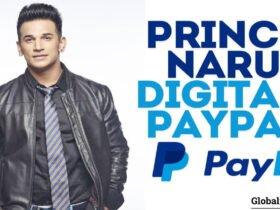






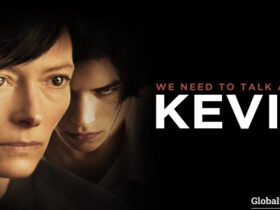
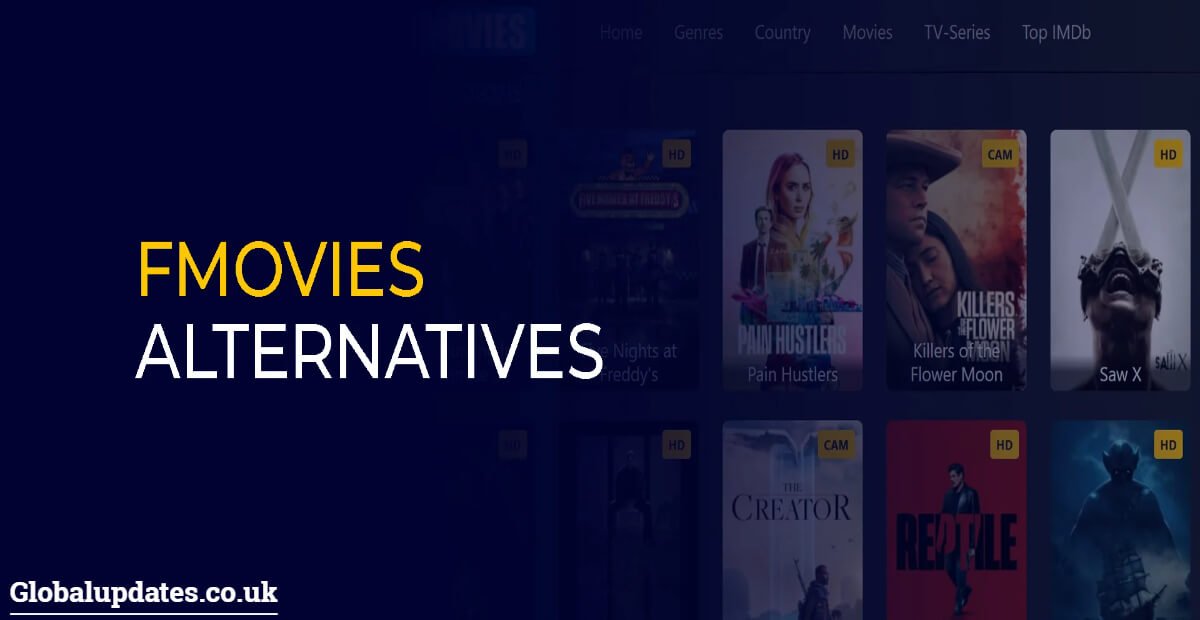
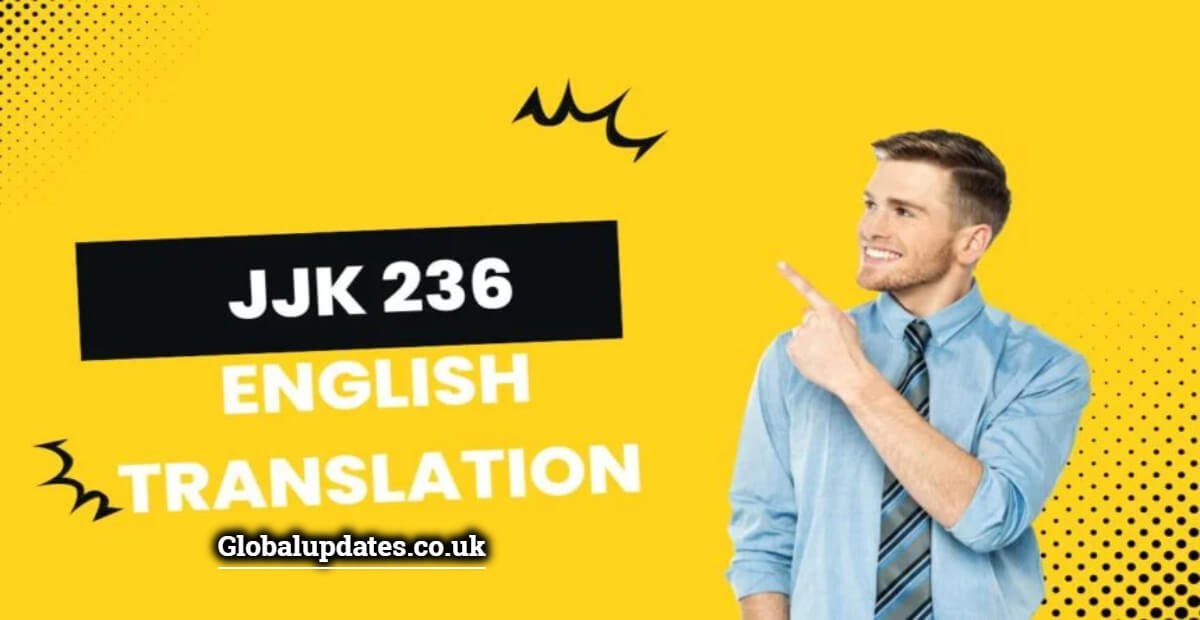
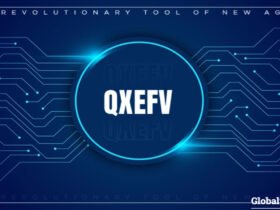


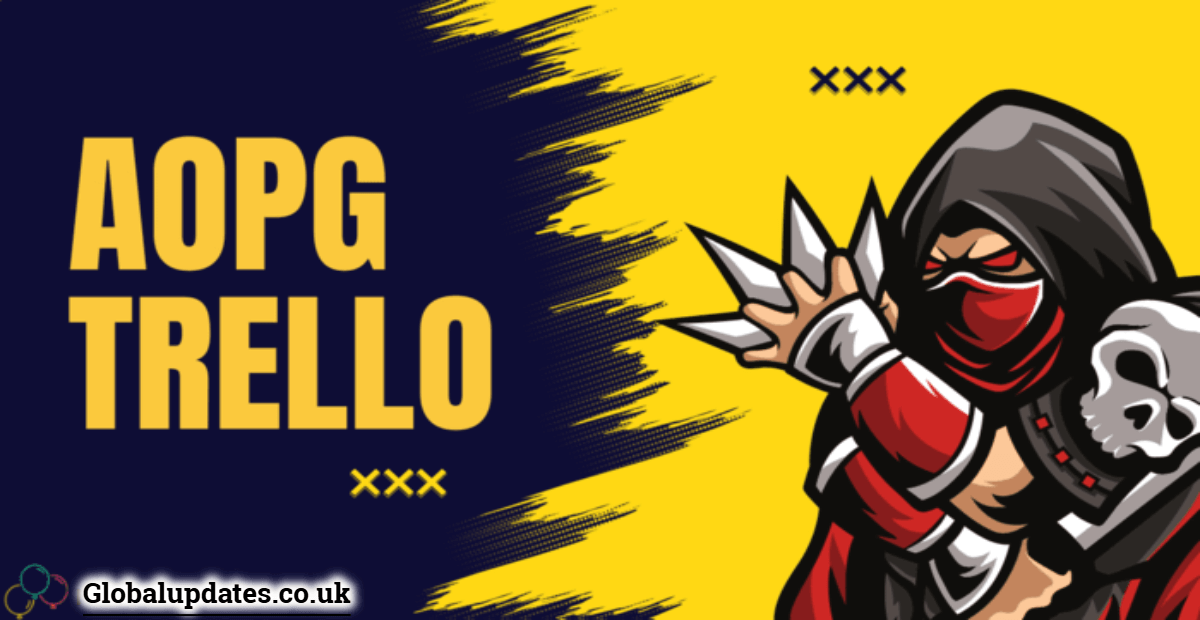


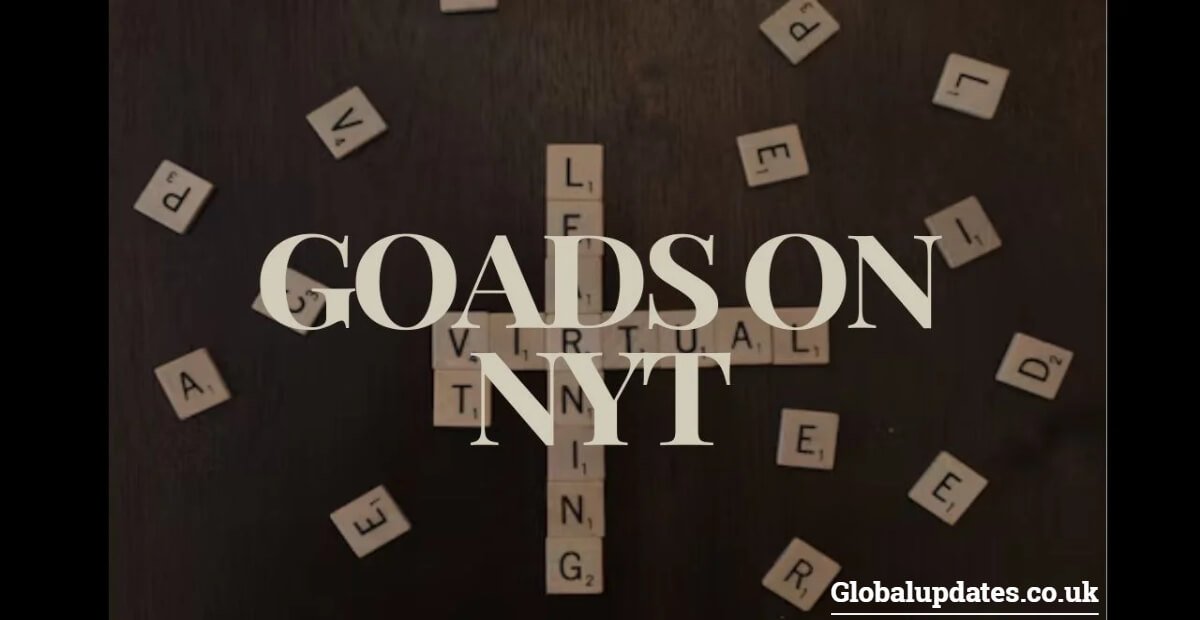

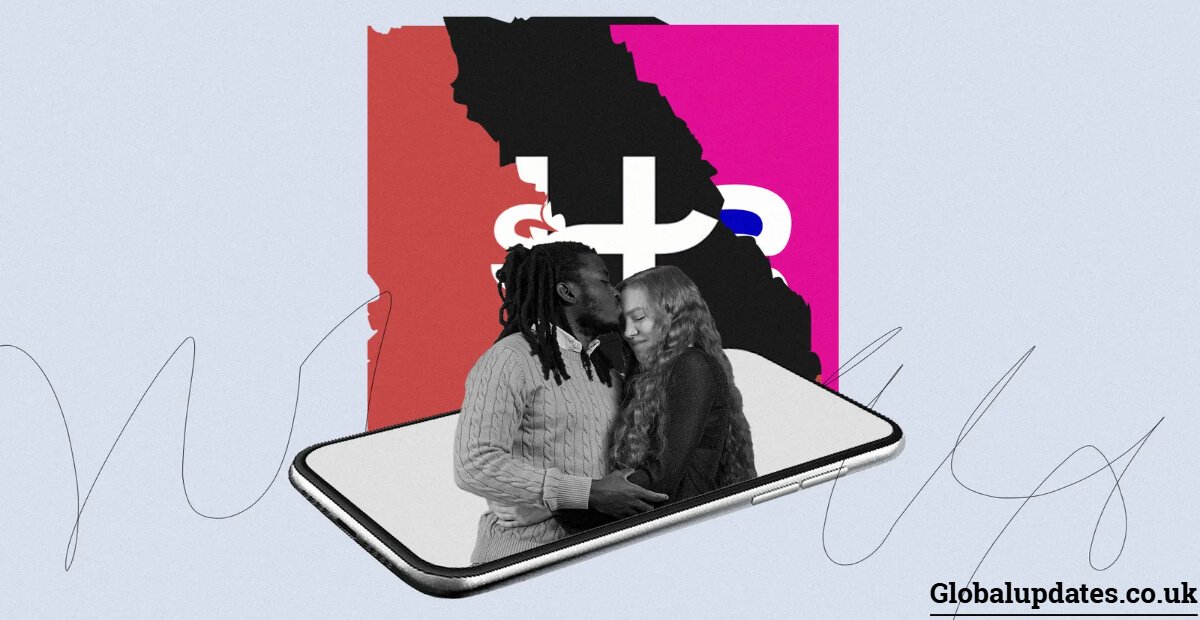



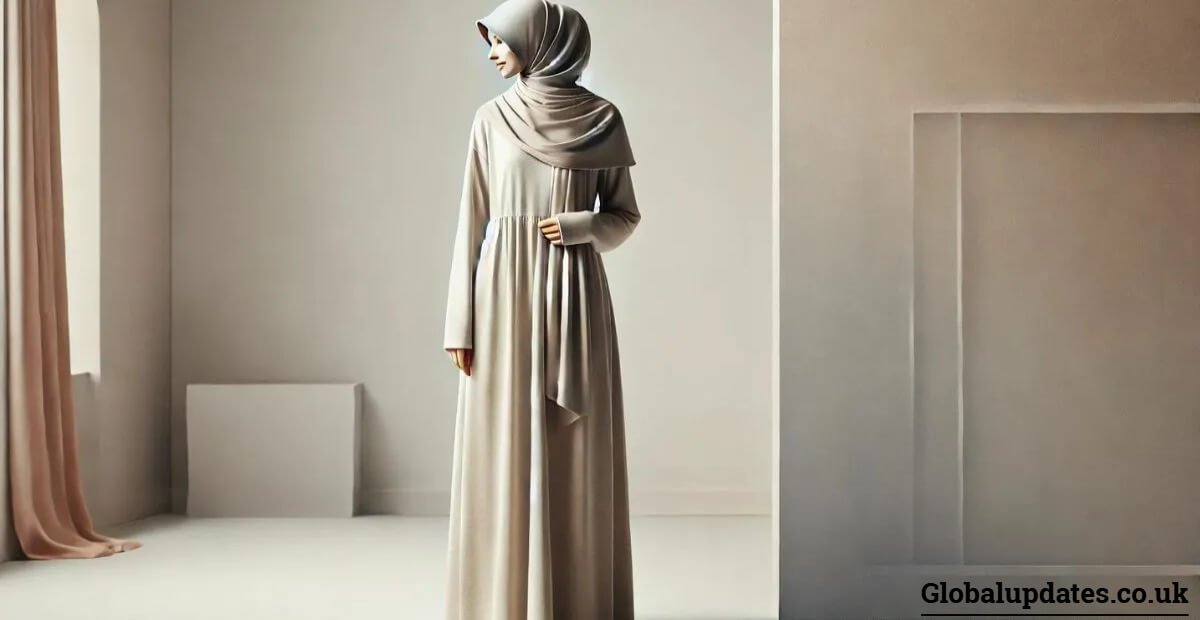

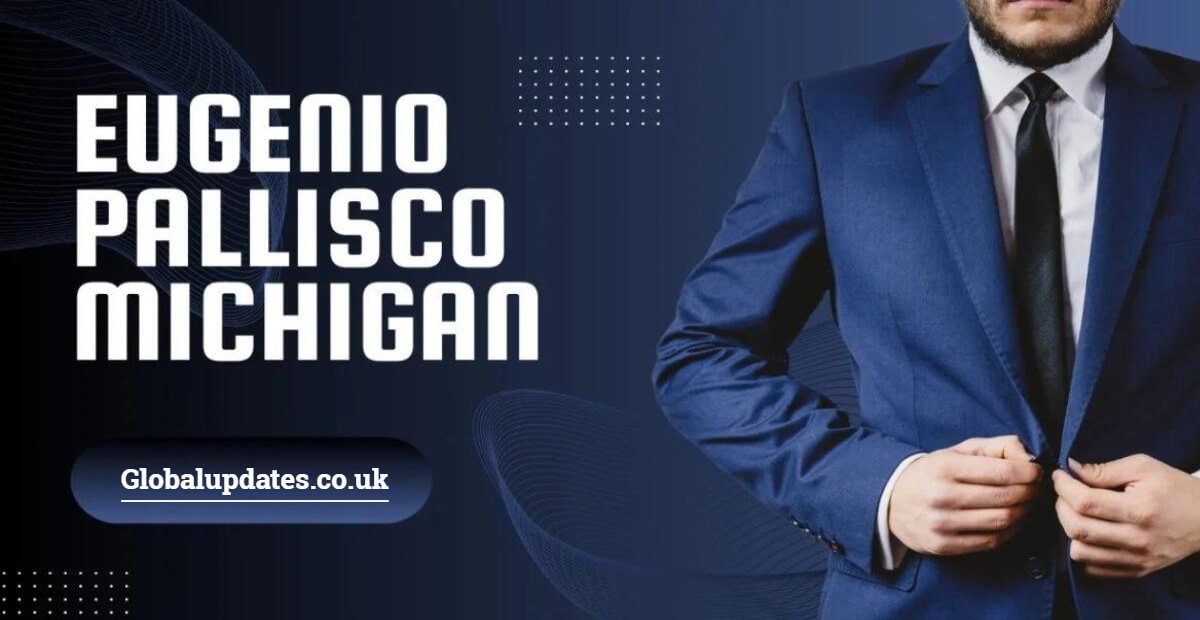

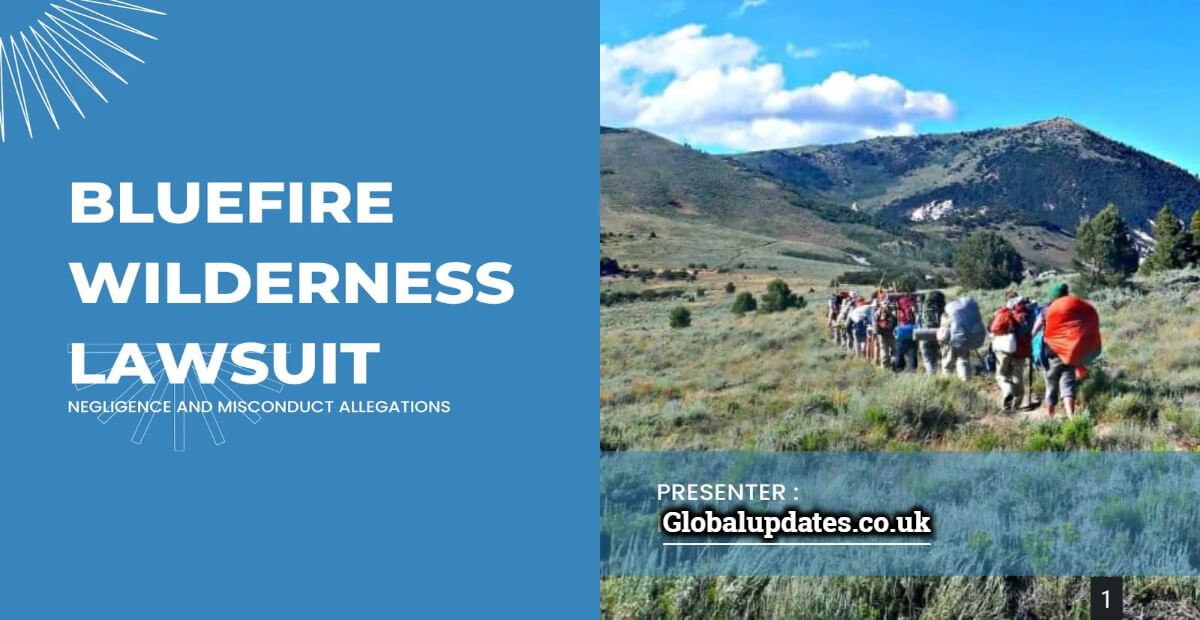


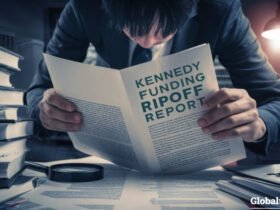





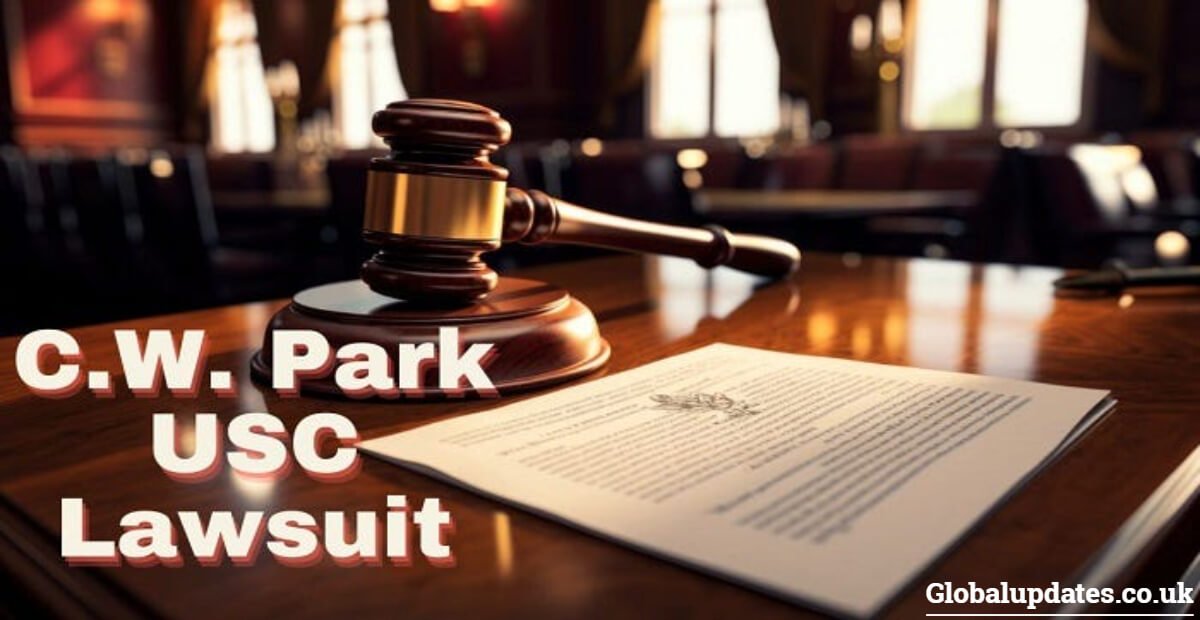
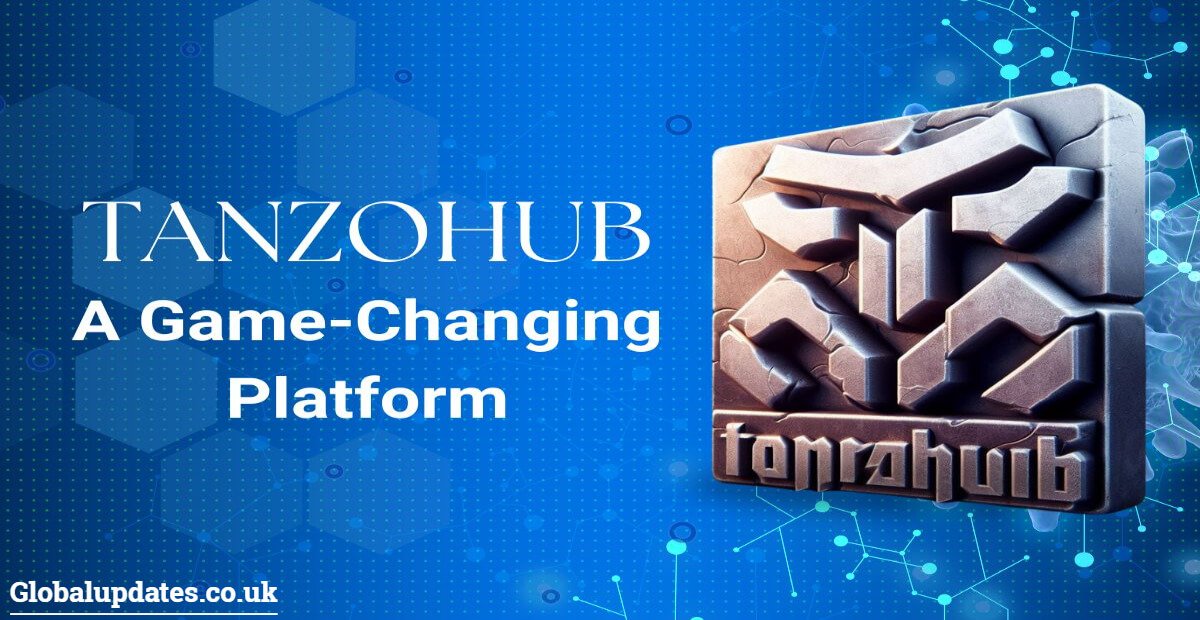


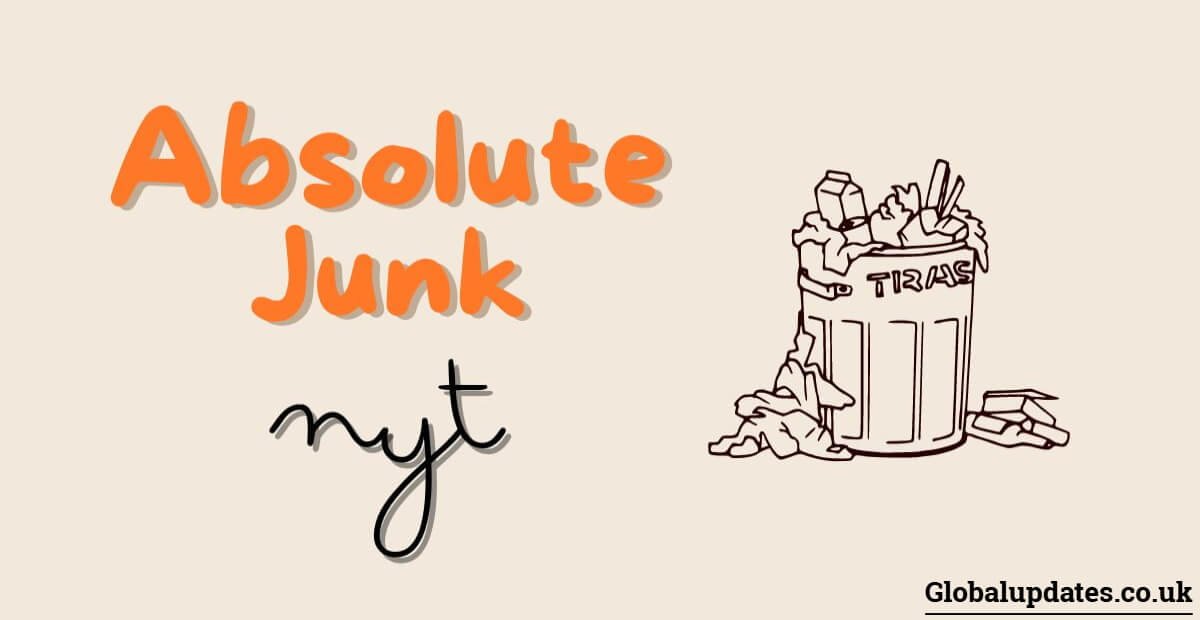


Got a Questions?
Find us on Socials or Contact us and we’ll get back to you as soon as possible.